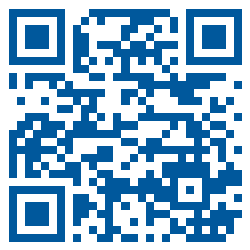
 Learning Disability, Autism and CHC Nurse Clinician in Norwich inNorwich
Learning Disability, Autism and CHC Nurse Clinician in Norwich inNorwich PUBLISHED THU 7 NOV 2024 Jump to job information section
Job description
We are looking for a registered nurse with an up to date knowledge of health policy for people with learning disabilities and Autism, including knowledge of the Transforming Care agenda. Adaptability, good communication skills and self-motivation are essential.
You will also have a knowledge of the Continuing Healthcare process.
You will offer a person centred approach to individuals and their families, working in partnership with other agencies, have a strong commitment to improving the outcomes for those on your caseload.
The successful applicant will have proven skills working with people who have complex health needs and challenging behaviour.
Assess patients for eligibility for Continuing Healthcare
Case manage a case load of patients who will have complex health needs alongside a Learning Disability and/or Autism.
Work closely with providers, other partners in improving quality of care being delivered.
Have a working knowledge of the Mental Capacity Act, Safeguarding and Deprivation of Liberty Safeguards.
About us
Applicants are advised to read all the information on the advert and the supporting information before completing and submitting and application. As you complete your application, please ensure you clearly demonstrate how you meet the criteria in the person specification for this post by completing the supporting section of the application form.
If you're interested in this role but you have questions or you're not yet ready to apply, then please book a quick call with us and we'd be happy to answer any questions you have and tell you more about the role.
Requirements
See the job description for full role requirements.
Benefits
Benefits are provided by the employer and will be confirmed during your application.
A quick tap lets us tune future job matches for you

Scan with your phone to return to this page later.